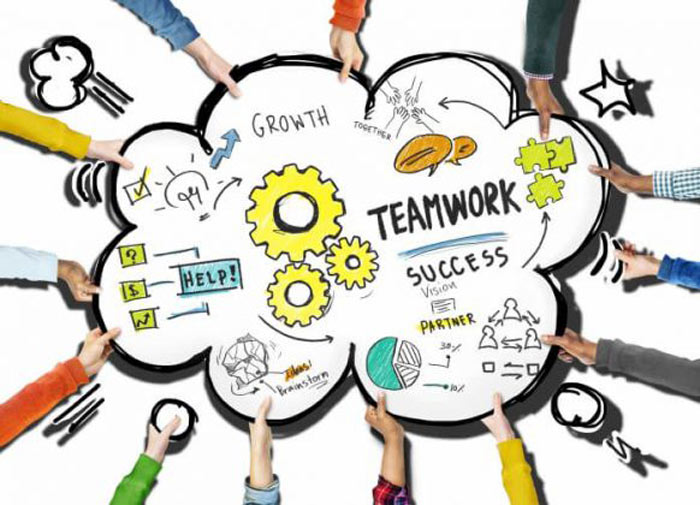
Related Business Directory listing:
- 09 820 7403
- 485C Rosebank Rd

An in-depth study into conflict in New Zealand workplaces was published in 2014. The research found that one in four employees had at least one disagreement or argument at work in the previous 12 months that was serious enough to compromise their ability to do their job.
Common effects for employees involved were feeling angry, stressed and anxious, followed by losing focus on work, reduced confidence and motivation, avoiding communicating with the other party, and taking time off or leaving the job by either choice or dismissal.
Obviously, having a quarter of the workforce upset, distracted, or avoiding work due to conflict is bad for any business, but it’s not completely unexpected, given friction and discord do occur when people work together for decent lengths of time (the NZ results could be worse – a benchmark international study found 85% of employees experience workplace conflict to some degree).
The kicker was that despite 70% of employees seeking help from within their organisation to resolve the conflict, over a third of disagreements or arguments went on for more than a month, and the longer the conflict went on, the greater the impact on performance, both of the directly-affected employees and of those supporting them.
So it’s pretty clear, as the study concluded, that many businesses aren’t doing a very good job at effectively managing and resolving conflict between employees.
Given the prevalence of conflict in our workplaces and its negative effects, smart companies see clear benefits in equipping team members with conflict-management skills. Aside from helping meet health and safety obligations to workers, conflict that jeopardises performance, unity, and wellbeing can be turned into a constructive, energising force that makes better businesses.
Embrace it
Research has shown that most people, be they managers or employees, avoid conflict and then, when it arises, respond by disengaging. Another common response to conflict is retaliation, which often creates a cycle of blaming and rationalising that people can get locked into.
But conflict can be accepted as a natural part of human relations. It can be an energising force that sparks healthy debate and thorough evaluation of options, opinions, practices, and processes. It can stimulate innovation, engagement, and trust.
Businesses need fresh ideas and to be open to better ways of doing things. If people are worried about the negative consequences of conflict or are distracted or unmotivated because of it, the company could well be missing out on valuable ideas and viewpoints.
So instead of trying to shut down situations and conversations that may produce conflict, look to harness the power of healthy, constructive conflict.
Plan and get in early
The business should plan for conflict and be able to respond positively to issues as they arise. We need to be clear here, that we’re not talking about unhealthy forms of conflict: abusive behaviour, bullying, harassment or discrimination, cruel or dangerous attacks, repeated mistreatment etc. This type of misconduct needs to be dealt with rigorously and formally, and may necessitate disciplinary action or even dismissal.
The bulk of workplace conflicts can be dealt with constructively and healthily by recognising and resolving disagreements before they turn into full-blown disputes.
Open, respectful communication is vital. People should be able to discuss and iron out areas of disagreement as soon as possible. All parties’ intentions and opinions should be asked for, listened to, and considered.
Compassion and resolution
Conflict can be quite emotional so it’s best handled with compassion, especially if management gets involved. It goes without saying that people want to be treated with respect; to be seen as people rather than just employees (or worse, objects).
Resolution is most effective when every person has helped find a harmonious way for their different approaches and ideas to work together. Compromise can be a lot easier if no one feels like they have lost or won.









